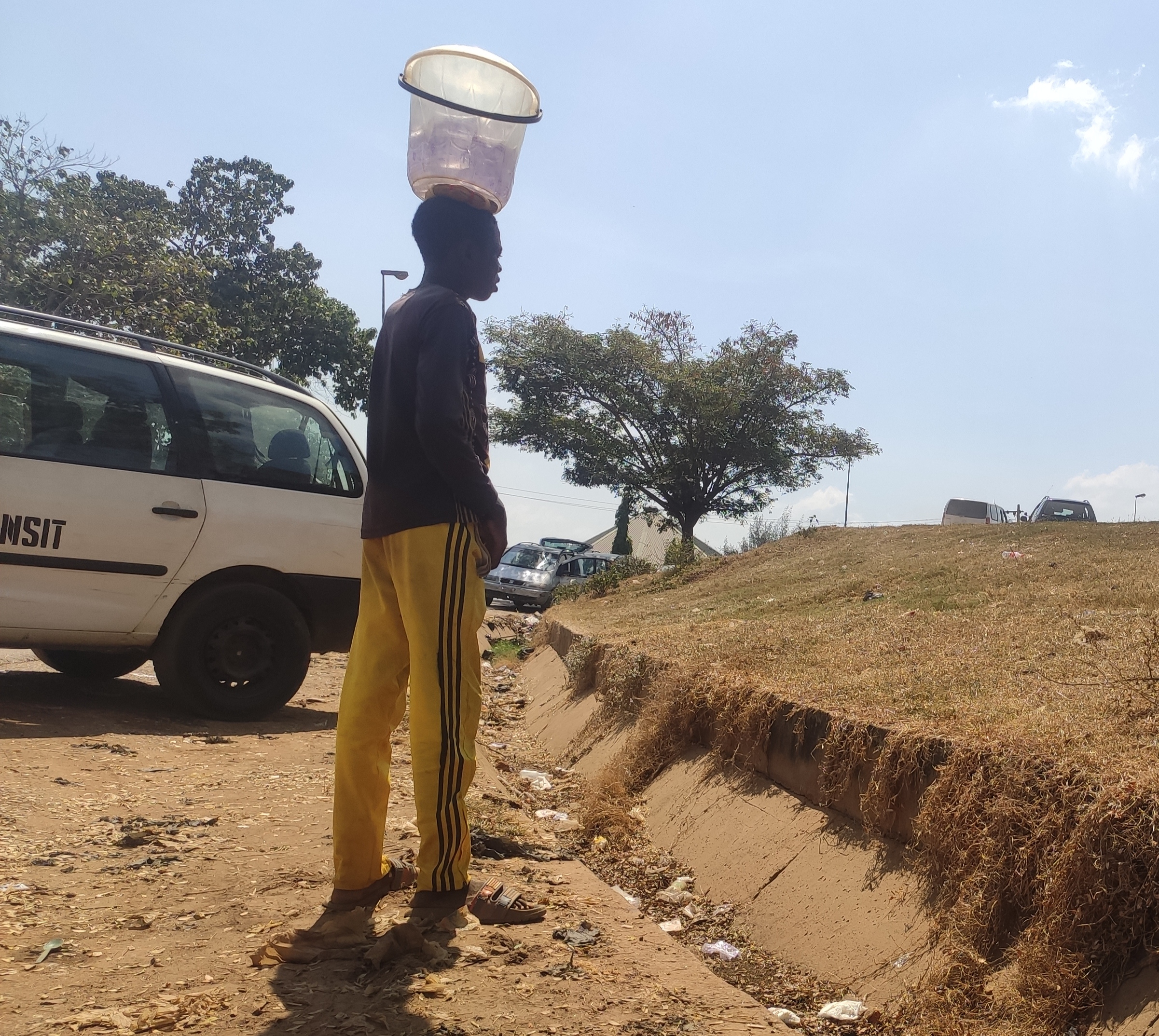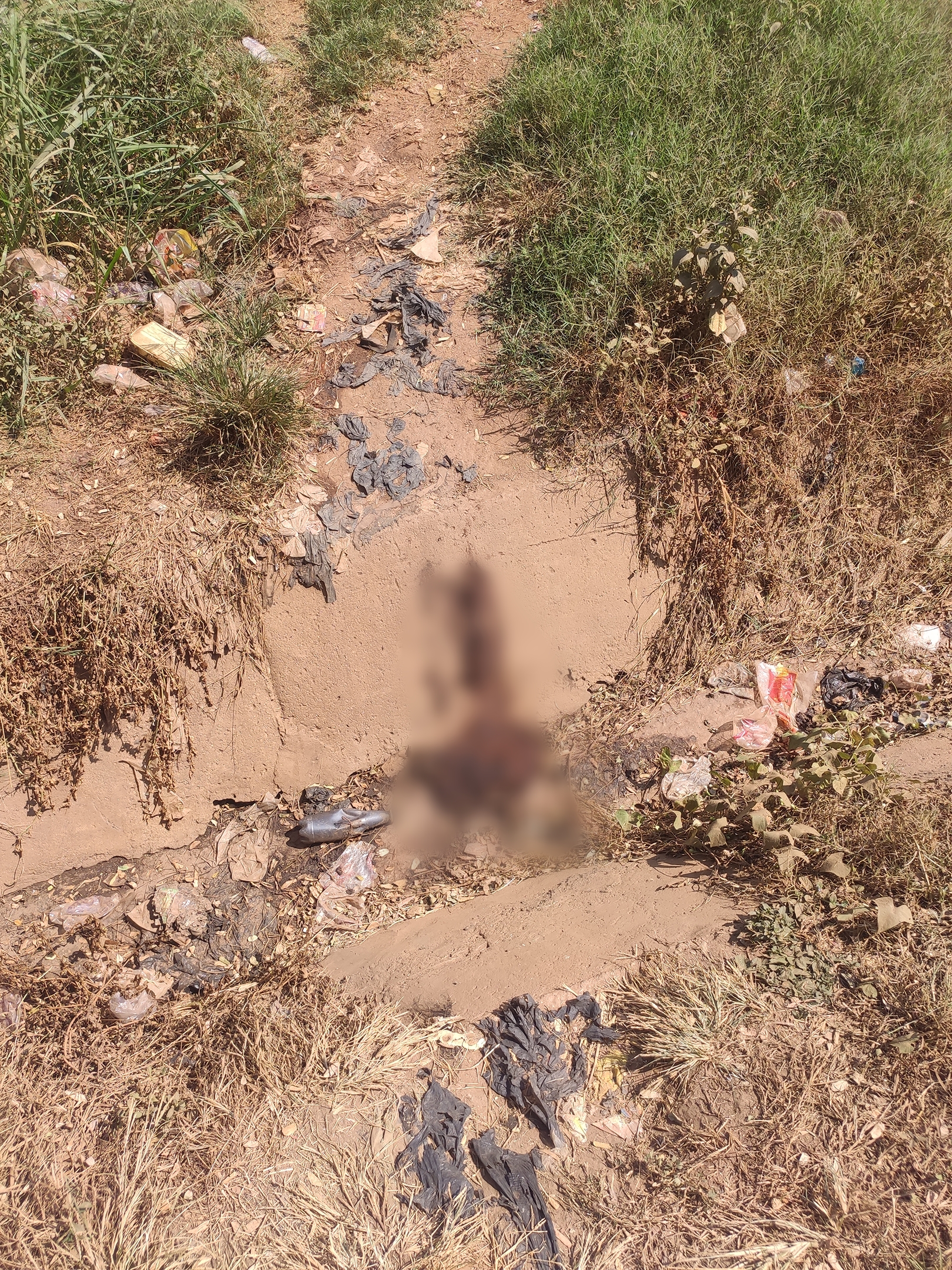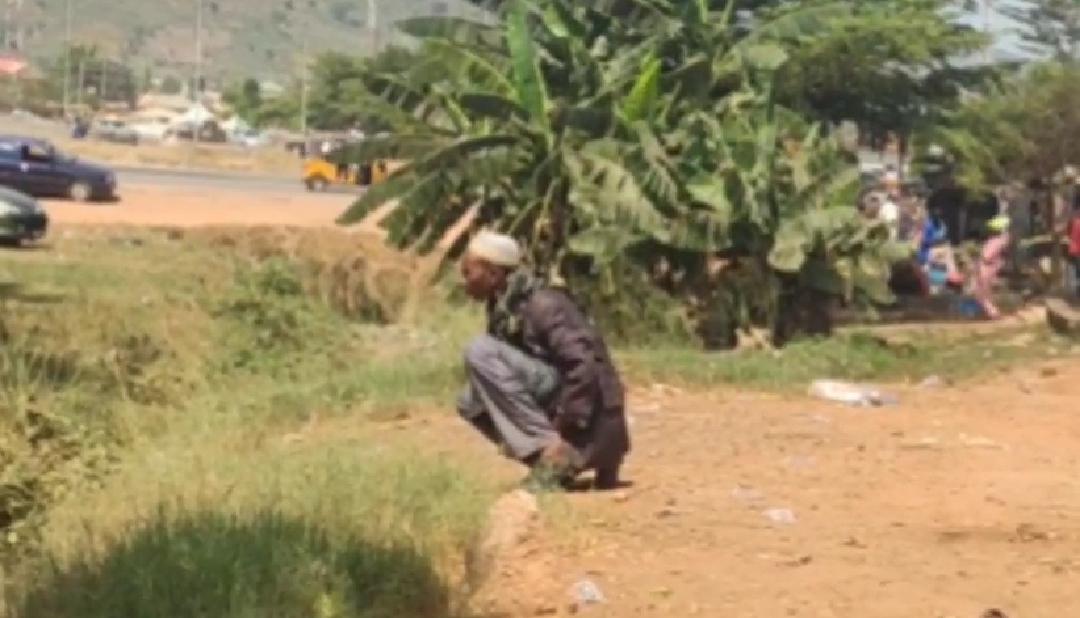As Nigeria joins the rest of the world to mark World Toilet Day (WTD) 2021, residents of the nation's Federal Capital Territory (FCT) Abuja have bemoaned the unabating trend of open defecation.
The WTD is an official United Nations international observance day marked every 19 November to inspire action towards tackling global sanitation crisis.
This year's observance themed “Valuing Toilets” celebrates toilets and raises awareness of the 3.6 billion people living without access to safely managed sanitation.
Famed as Nigeria's centre of unity, it is not uncommon to see faecal matter in the open on the streets and drainage of major roads in Abuja.
More so, it has become sort of customary for residents to relive themselves of urine on the streets and roadsides without regard of its unintended consequences.
According to the United Nations, poor sanitisation contaminates drinking-water sources, rivers, beaches and food crops, spreading deadly diseases among the wider population.
When Timeline.ng visited one of the spots notorious for open defecation at Abuja-Keffi expressway in Nyanya axis, it was business as usual for passersby, residents and petty traders who went about passing out feaces and urine with reckless abandon.

When interrogated, a food seller not far from the 'hotspot' decried the situation as worrisome, stressing that the dearth of public toilets in the area was the reason why people felt “free to do whatever they like.“
According to her: “It was once announced that the Federal Capital Territory Administration (FCTA) was making moves to establish public toilets at strategic points but nothing has been done about that,” she said.
The food seller who simply identified herself as Mama Ogbonge went on to make a case for the establishment of public toilets stressing that it will also help reduce unemployment.
“Public toilets will go a long way in creating jobs for the teeming population of unemployed youths. At least, anyone employed to wash the toilet is a step closer to escaping poverty,“ she added.

Also reacting to ugly trend, Mrs Peace who sells traditional herbs popularly known as Agbo Jedi with assorted meat by the roadside expressed belief that mass action against open defecation would encourage government and private bodies to build public toilets.
According to her: “Any area can evolve to become notorious for open defecation when people pass body waste unchallenged. Ending the ugly trend requires mass action. Sadly, it is hard to mobilise action in that line as residents and traders are either nonchalant or believe they can't be affected by the ugly trend.
In spite of voices lent in support of public toilets and their establishment, Timeline.ng gathered that public toilets are abused by users despite providing a safe pathway for waste disposal.
A toilet manager at Nyanya Park who identified himself as Joseph said “public toilet users don't heed to instructions. They just go in, make a mess of the place and sometimes say they are sorry when confronted.“
Joseph however noted that the pros of the existence of public toilets far outweigh the cons.
“This is why we're also calling on Govt to establish more public toilets in public spaces,“ he said.
On his part, another toilet manager - Yaro who also manages a public toilet along the Nyanya axis expressed delights for what he described as increasing patronage.
While noting that the facility was too small and decrepit, he called on relevant bodies to help renovate it with standard facilities.
According to the United Nations: “Public health depends on toilets. Toilets also drive improvements in gender equality, education, economics and the environment.
“There will be no sustainable future without toilets. Governments must work four times faster and ensure toilets for all by 2030.“








